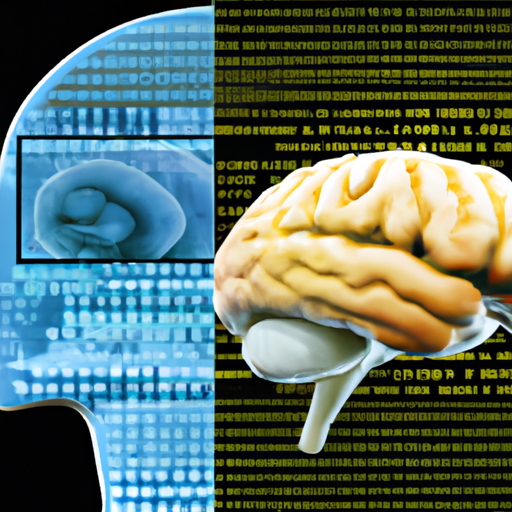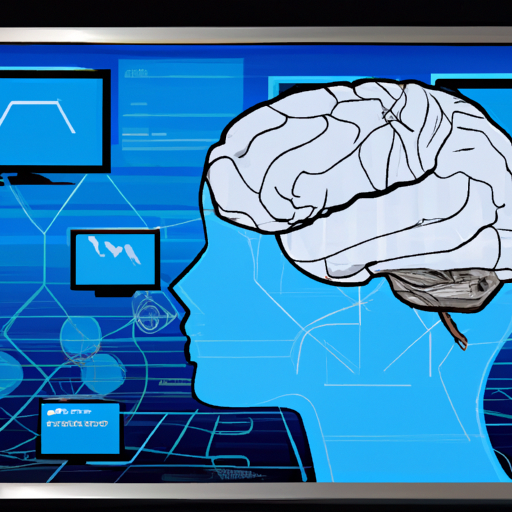Published on October 20, 2023
In the ever-evolving field of neuroscience, neural interfaces have emerged as a groundbreaking technology that enables direct communication between the brain and external devices. These innovations, often referred to as brain-computer interfaces (BCIs), have the potential to revolutionize various industries, from healthcare to entertainment.
How Neural Interfaces Work
Neural interfaces utilize advanced algorithms and sensors to detect neural signals, translating them into actionable commands for digital devices. By bypassing traditional pathways, these interfaces open a new frontier in direct brain communication, enhancing accessibility and functionality for users.
Applications in Healthcare
One of the most promising applications of neural interfaces is in the healthcare sector. Patients with disabilities can regain autonomy through BCIs that allow them to control prosthetic limbs or communicate using thought alone. This technology is not only aiming to improve quality of life but also pushing the boundaries of rehabilitation methods.
Impact on Entertainment and Gaming
The gaming and entertainment industries are also exploring the potential of neural interfaces. Companies are developing immersive experiences that allow players to interact with games using their thoughts, providing unprecedented levels of engagement and personalization.
The Future of Neural Technologies
As research in neural engineering progresses, we could see neural interfaces become an integral part of daily life. With continued advancements, the dream of seamless communication between humans and machines may soon be a reality, opening doors to possibilities we are just beginning to imagine.






